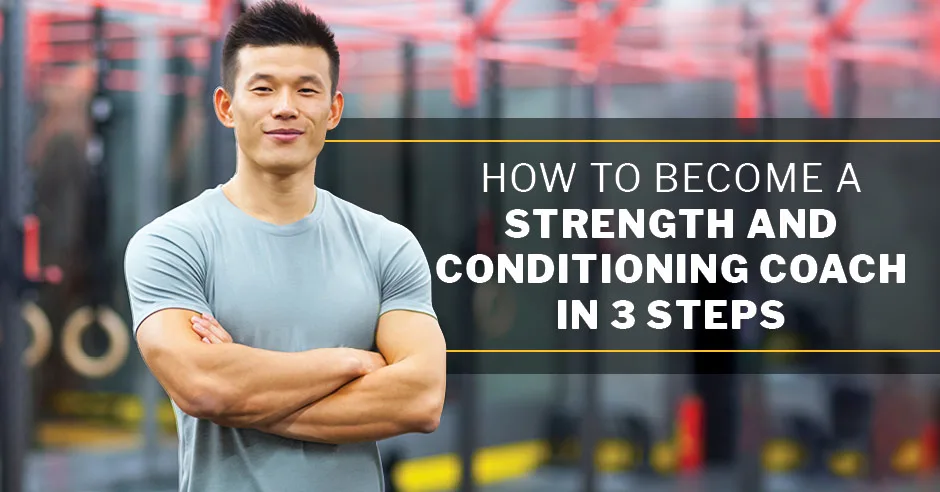For athletes, pursuing a career in physical training can be both exciting and fulfilling. But how can one specialize in this field? What skills and qualifications are necessary to succeed? Many aspiring professionals find that a sports coaching specialization degree is the key to unlocking opportunities in this competitive area.
This educational path equips individuals with knowledge in sports science, biomechanics, and athlete performance. It also provides access to advanced courses, such as a strength and conditioning coach course, essential for those looking to elevate their expertise. Let’s explore the steps involved in becoming a professional trainer focused on athletic performance.
Educational Pathways for Aspiring Trainers
Pursuing a Specialisation Degree
A sports coaching degree specializing in athletic performance lays the foundation for this career. These programs combine theoretical learning with practical experience, offering insights into topics like human kinetics, exercise science, and athlete psychology.
Most universities provide access to internships, where students work alongside experienced trainers. This hands-on approach helps develop real-world skills and ensures graduates are job-ready. Additionally, earning certifications in specific areas of expertise enhances a professional’s credentials.
Complementary Certifications
In addition to a formal degree, pursuing recognised certifications can boost career prospects. A strength and conditioning coach course is highly regarded, offering practical knowledge in designing effective training regimens and injury prevention techniques. Such certifications signal expertise and commitment to employers, making candidates more competitive in the job market.
Essential Skills for Success
Technical Knowledge
A deep understanding of sports performance techniques is crucial for trainers. This includes knowledge of resistance training, agility drills, and injury prevention strategies. Staying updated on the latest advancements in exercise science ensures trainers can implement evidence-based methods.
Leadership and Motivation
Performance trainers play a key role in inspiring athletes. Strong interpersonal skills, the ability to motivate, and the capacity to adapt to different personalities are vital. A successful trainer knows how to push an athlete to their limits while maintaining a positive and encouraging environment.
Data Analysis and Monitoring
Modern training relies heavily on technology. Trainers often use performance-tracking software, wearable devices, and motion analysis tools. Learning to interpret data accurately helps optimise training plans and ensures measurable progress.
Career Opportunities After Graduation
Graduates with a sports coaching degree and additional certifications can explore various roles. These include working with professional teams, joining sports academies, or becoming personal trainers for elite athletes. Some choose to specialize further, focusing on rehabilitation or youth development programs. Opportunities also exist in research and academia, where professionals contribute to advancing sports science. Entrepreneurship is another viable path, with many trainers establishing private practices or consulting services.
Tips for Building a Rewarding Career
- Gain Practical Experience: Volunteer or intern with sports teams to learn directly from seasoned professionals.
- Build a Network: Connect with industry experts and attend conferences to stay informed about opportunities.
- Stay Informed: Keep learning through workshops, online courses, and certifications in emerging areas.
- Invest in Professional Development: Continuous learning ensures trainers stay relevant and effective in their practice.
Achieving success as a trainer focused on athletic performance begins with the right education and training. A sports coaching degree or a strength and conditioning coaching course provides a strong foundation and adds valuable expertise. Combining technical knowledge with effective communication and adaptability ensures professionals can make a meaningful impact on the athletes they train.
You may also read: Golf Carts in UAE

